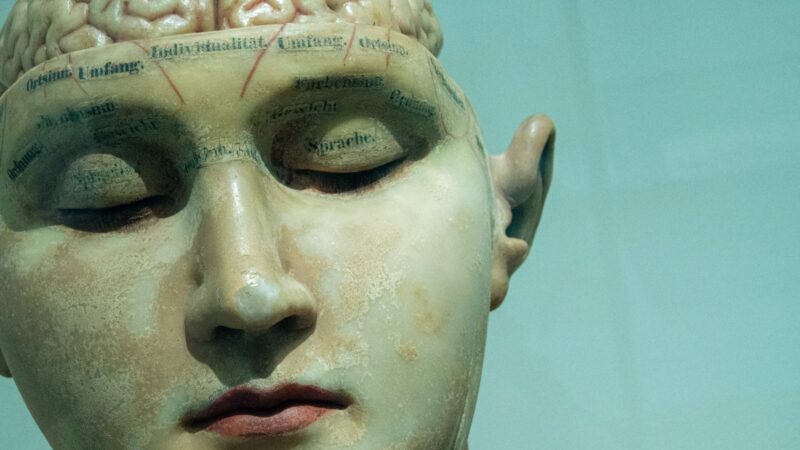Boris Johnson has been effectively removed from office under the guise of moral outrage, but there is far more to this picture than righteousness.
Let’s not forget the primary reason Boris Johnson assumed office after Theresa May and was voted in with a landslide majority in the General Election that followed, was because he was considered the man who could ‘Get Brexit Done’. There was never any pretence about his morality, we knew what we were getting. A man who would make jokes seen as politically incorrect by some and casually racist by others; a man who is known for adultery and promiscuity, despite being married – several times; a man with an unconfirmed number of children by different mothers. By no standards is Boris Johnson a morally upright man.
The last time I saw Boris Johnson, he was joking in his apartment above No. 10 about not knowing how the Roman Catholic Church had even managed to marry him and Carrie, in consideration of his previous two marriages.
If the Conservative Party wanted moral leadership, they would have stuck with Theresa May. There are very few in politics with a stronger moral compass than Mrs May. The vicar’s daughter whose most rebellious act as a youngster was to run through fields of wheat. Compared to Boris Johnson and his time as a member of the Bullingdon Club – famous for burning wads of cash in front of homeless people – she was an outright angel. However, she didn’t have the strength of leadership to get Brexit over the line, and that was the national issue that mattered most at the time.
So, to hear parliamentarians arguing about Boris Johnson’s lack of moral fibre, as if to suggest they’ve only just been made aware of it, is laughable. Chris Pincher groped a couple of men in a gentlemen’s club in central London and it wasn’t dealt with appropriately, but that is not the reason Boris Johnson was dethroned. Nor was the fact that he ate some cake and received a fine for breaching COVID regulations. He has previously done far worse, and his colleagues have turned a blind eye.
What we have here is the culmination of multiple fronts of attack. The mainstream media has sustained a continuous attack against the Prime Minister for a number of months now. Sky and the BBC in particular have taken every opportunity to undermine the Prime Minister and paint him as a criminal – not for taking away peoples’ civil liberties, but for briefly attending the most boring party to ever grace the premises of Downing Street. Of course, their real agenda is probably more in line with the second group who has been attacking the PM incessantly, the Remainers and Rejoiners – or Remoaners for the sake of convenience. People who cannot get behind the democratic will of the British people to support one of the largest mandates in our nation’s history; people who, for their own selfish purposes, want to undermine and undo the EU referendum.
The third camp targetting the Prime Minister, is the most devious of all. The political genius Dominic Cummings. Cummings is arguable our country’s greatest campaign strategist, but is not exactly known for his empathy or compassion. Cummings was absolutely the right guy for the Vote Leave campaign, and the 2019 General Election, but he is a campaigner, not a governor. He should have been kept well away from the levers of power during the pandemic. Cummings held far too much influence for a man who was not democratically elected and therefore practically unaccountable. When Cummings was unceremoniously deposed, promised revenge on the Prime Minister and Cummings is a man who cashes in his cheques.
The Remoaners and Cummings are not natural allies, but together – perhaps uncoordinated – along with the mainstream media, they have succeeded in toppling the Prime Minister of the United Kingdom and painting themselves as the good guys in the process.
None of this was about morality. The entire situation was both political and personal. A joint venture of vendettas that we may very well yet come to regret, depending on what happens next.




